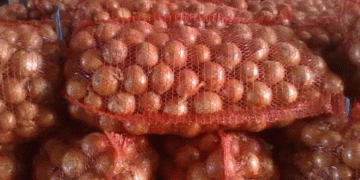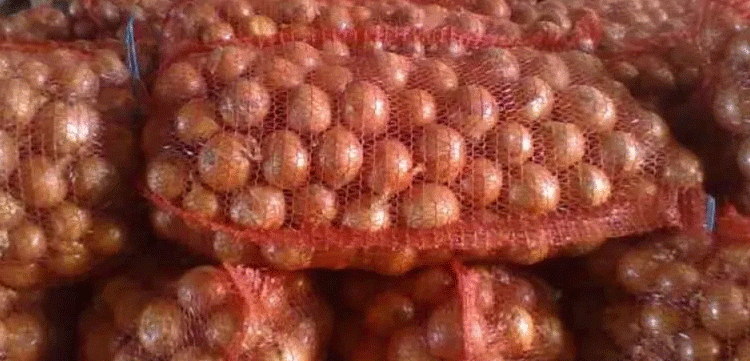On May 30, Russian phytosanitary inspectors at the Ozyorny checkpoint in Saratov Oblast, in collaboration with the Federal Security Service (FSB), halted a truck carrying 20 metric tons of unmarked onions from Kazakhstan. The shipment violated international quarantine protocols, prompting authorities to order its immediate return.
Why This Matters for Agriculture
- Phytosanitary Risks: Uncertified produce can introduce pests or diseases, threatening local crops. The FAO estimates that 20-40% of global crop yields are lost annually to pests, with invasive species costing over $220 billion worldwide (FAO, 2023).
- Trade Compliance: The incident underscores tightening global regulations. The EU and US have rejected 12% of fresh produce imports in 2023 due to non-compliance (WTO, 2024).
- Farmer Vigilance: Russia’s Rosselkhoznadzor has increased border checks, rejecting over 150 high-risk shipments in 2024 alone, mostly from Central Asia.
Protecting Your Farm
- Source Verified Seeds/Inputs: Ensure suppliers provide phytosanitary certificates.
- Monitor Border Alerts: Regularly check updates from Rosselkhoznadzor or equivalent agencies.
- Advocate for Stricter Controls: Support policies that prevent unchecked imports.
The Saratov onion interception is a stark reminder of the constant threat posed by non-compliant agricultural trade. Farmers and agronomists must prioritize biosecurity to safeguard crops and economies. Collaborative efforts between governments, scientists, and producers are critical to mitigating these risks.































